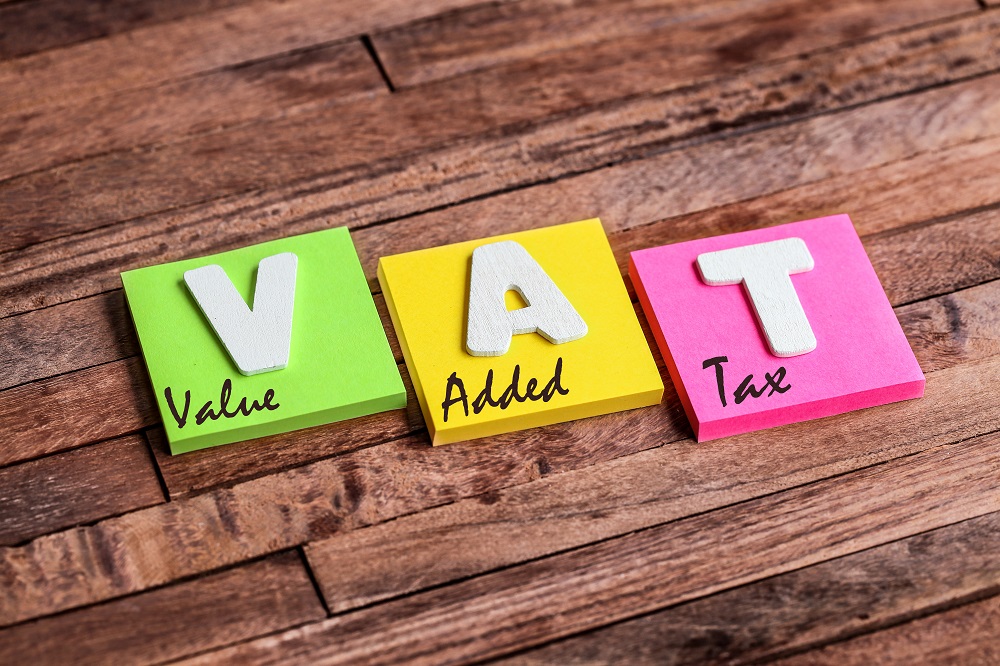Most Asked Questions on VAT in UAE
- January 22, 2016
- Posted by: admin
- Category: Finance & Accounting

With 296,000 companies registering for VAT in its first year of implementation, it is safe to say that the VAT application was one of the most significant steps taken by the government to regulate the financial situation of the country.
Since it’s implementation on January 1st, 2018, consumers have been paying an extra five percent on almost all goods and services in UAE. But there is still ambiguity among businesses and consumers alike about the nuances of this taxation system.
We have answered some of the most commonly asked questions about VAT in UAE.
- What is Value Added Tax (VAT) in UAE?
Value Added Tax is commonly known as VAT. It is an indirect tax as it is borne by the buyer and not the seller. This is why VAT is also known as a consumption tax. While VAT is charged at all stages of the supply chain, it is eventually paid by the consumer as the buyer will be eligible of such tax as input credit and get set off from output tax liability. Only the ultimate buyer will not get any tax set off.
- Why has the UAE implemented VAT?
The primary reason for implementing VAT in UAE is to create a new stream of revenue for the government that is non-oil based. This revenue will be used by the government the betterment of the country. With this revenue, the government plans to improve public services, infrastructure, and healthcare in the Emirates.
How will businesses benefit from VAT implementation?
The government aims to use tax revenue for the improvement of public infrastructure, trade, and commerce. These efforts will generate more demand for goods, services, and commodities. It will also lead to the creation of more jobs. As the economy of the country grows, businesses operating in the UAE can also expect to grow
How can businesses register for VAT?
Businesses can register for VAT tax through the e-services section on the Federal Tax Authority (FTA) website. A dedicated VAT accounting firm can help you register your business.
What criteria make a company eligible for VAT registration?
When the taxable products, services, imports, and exports exceed the threshold of AED 375,000 annually, the company has to compulsorily get VAT registration in UAE. If the products, services, imports, and exports are less than the mandatory registration threshold but exceed the voluntary registration threshold of AED 187,500 the company can opt to get itself registered.
How do businesses pay the VAT collected to the government?
Businesses record their income, costs, and VAT collected by charging customers at a fixed rate as well as the VAT paid by them to the suppliers. The difference between these sums is reclaimed or paid to the government.
What sectors are exempted from VAT in UAE?
- Exports of goods and services
- International transportation, and related supplies
- Air and shipping transport
- Export or import of precious metals for investment purpose
- Newly constructed residential properties, that are supplied for the first time within 3 years of their construction
- Educational services and related goods
- Healthcare services and medicines
- Supply of crude oil and natural gas
Looking for VAT consultancy services in UAE? Count on A&M Alansari Accounting & Consultancy. We offer dependable VAT accounting services to big and small businesses in Dubai.
